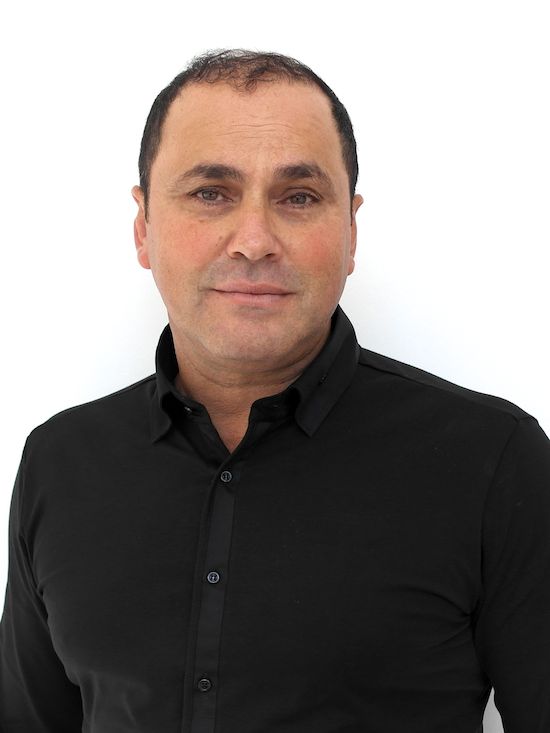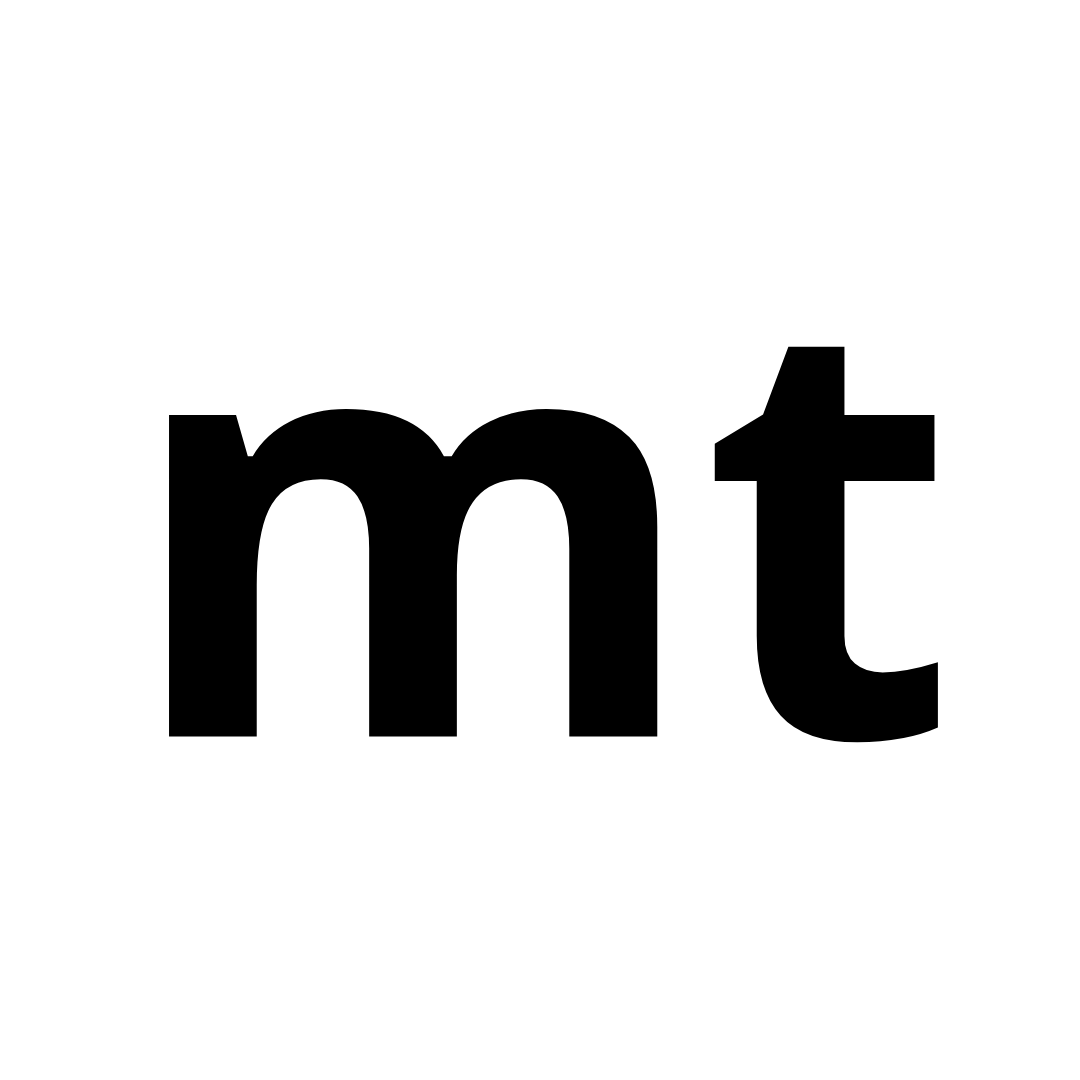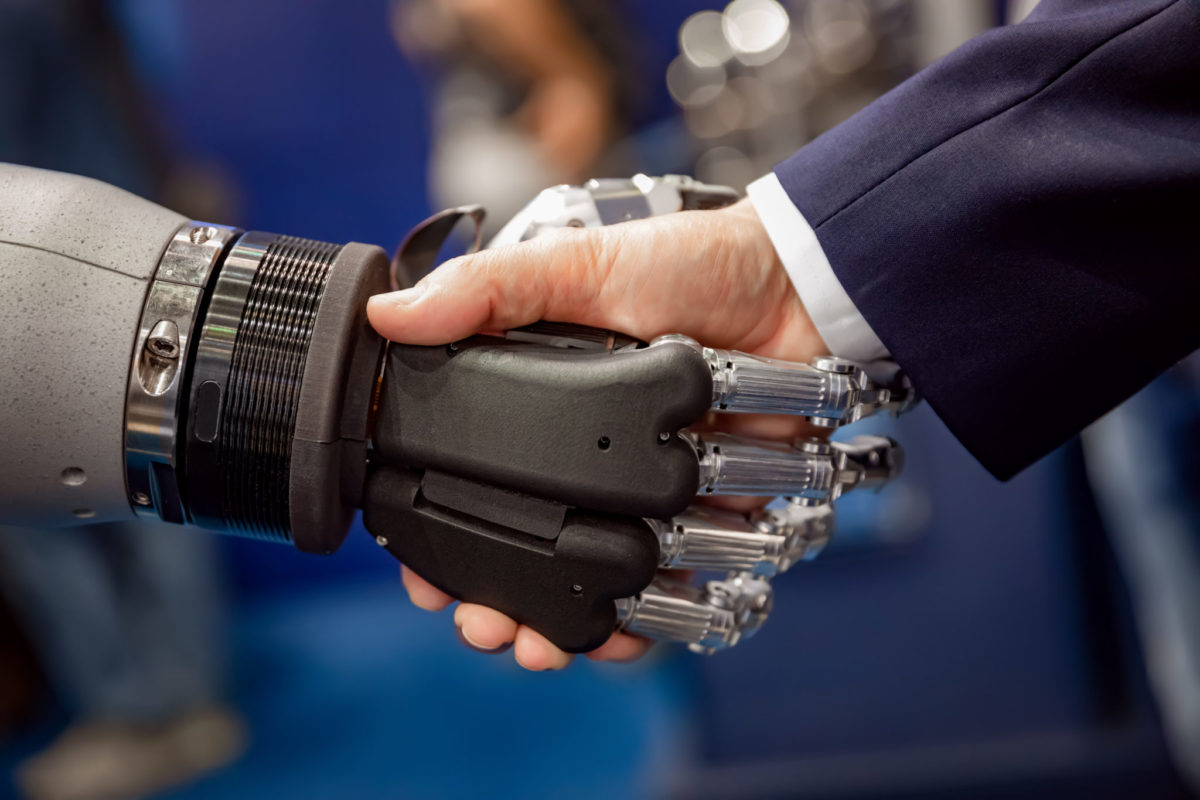Ethics in Action brings together a select group of religious leaders, theologians, academics, business and labor leaders, development practitioners, and activists to identify the values and ethics needed to advance concrete actions in response to the challenges related to sustainable and integral development.
Such challenges include forms of violence and coercion (war, violent religious and ethnic extremism, gender violence, modern slavery, drug trafficking), environmental threats (climate change, species and habitat destruction), and social exclusion (poverty, inequality, deprivation, gender discrimination, and the marginalization of indigenous peoples and minorities).
Ethics in Action will not aim for technical or policy solutions, but will instead seek to draw out the underlying ethical values and principles needed to inform a shared moral vision of human flourishing—including the development of a multi-religious moral consensus that can be communicated widely across diverse religious communities and other stakeholders to equip them with the moral agency essential to overcoming these challenges.
 Ethics in Action initiative developed a program of separate meetings over the next two years on the topics, related to the challenges and the correspondent values that society should be informed about. At one of such meeting in the end of October in the Vatican, an Entrepreneur, Investor, Businessman, Aviator, Philanthropist & Founding member of Global Sustainability Network ( GSN ), Romy Hawatt talked about the Future of Work and Entrepreneurship.
Ethics in Action initiative developed a program of separate meetings over the next two years on the topics, related to the challenges and the correspondent values that society should be informed about. At one of such meeting in the end of October in the Vatican, an Entrepreneur, Investor, Businessman, Aviator, Philanthropist & Founding member of Global Sustainability Network ( GSN ), Romy Hawatt talked about the Future of Work and Entrepreneurship.
We are gladly sharing Romy’s speech, where he speaks about the importance of creativity and meaningful work attitude.
“I would start by saying that jobs do not create work. Work is something we create for ourselves and jobs are a subset of work.
The future of Work and Entrepreneurship will evolve at different speeds and will mean something different, country to country and community to the community at different points in their respective evolution.
The future of work and opportunity for the modern entrepreneur is certainly being shaped by the growing adoption of technology and artificial intelligence but it is also important to remember that work is also about who we are as a person and contributor to something bigger than ourselves. Work is part of our evolution, part of our individuality and of us being part of a greater collective that is humanity.
With the collision of millennials, globalization, new technologies, unprecedented mobility, rapidly changing and completely new attitudes and perspectives the domestic as well as international employment scene is also changing at a speed never witnessed before in human history.
For the current and future generations to survive and win, it is of paramount importance to conceptualize and understand the changes being cast upon us all.
Governments, society, corporations, and individuals can ill afford to lag behind or sit back and just watch things happen and I suggest that anyone who hesitates or waits too long to embrace what is already upon us, will fail.
The world of work is changing rapidly and late adopters may end up being unable to compete or could be entirely pushed out of business.
New emerging and groundbreaking technology today rapidly makes yesterday’s technology obsolete or redundant and this drives an ongoing cycle of new opportunity for innovative solutions that continue to become available to the market usually via the budding entrepreneur.
We are already moving toward an environment where stakeholders, employees, and consumers alike are increasingly linked to the conversations and decisions around how, when and who gets the work done and what resources and technologies get used.
Organizations must, therefore, shift to creating an environment where people want to work there to make a sustainable difference ( as well as an economic gain of-course ) as opposed to simply needing to work there because they need a job.
The added conversation or question should therefore be around whether the entire process, from the conception of an innovative idea or technology, to the commercialization and availability in our daily lives, is a sustainable solution and to the ethical benefit and service of the environment, natural world and humanity at large.
There have been many studies done and are a number of considerations emerge that will have a profound effect on the future of work.
New behaviors
We are all being subtly conditioned to become increasingly more comfortable with living more public lives, under more scrutiny and with less privacy as we build new communities, communicate, share and access personal and other information.
These factors shape our personal experiences and colour our worldview and these then become new behaviors that cascade practically everything we do, including forcing their adaptation and change in the workplace.
Technology
We all increasingly experience the day to day impact technologies are having on the way we work, the way we socially interact and the way we manage our lives.
It is worth noting though that we haven’t yet mastered how to make technology replace the human bonds that we naturally form in the workplace.
The more connected we are through the virtual world the less we feel connected with others in the human world and the more alienated we tend to be as individuals privately and at work.
Millennials
By the year 2025, millennials are expected to make up about 75% of the workforce and will be the largest generation ever to enter the global workforce.
Millennials think and are motivated differently from previous generations. They expect work to be part of their social experience and they will live longer. They will also bring with them technological fluency, new approaches, ideas, social values and styles of work that we can guess around but are yet to witness the full impact of.
Mobility
Mobility is becoming much less of an issue when it comes to being able to do your work.
In the services and many professional industries, if you have the internet, you can access the same people and information as if sitting next to them.
The coffee shop, the hotel room or practically any public place with a wifi connection can be the new office.
Globalization
We are moving toward a world where economic boundaries increasingly do not exist as we become one big economic community. The languages we speak, the currencies we deal and transact in as well as where we are physically positioned or located will matter less as we evolve into the next machination of globalization.
Many of the geographical links between producer and consumer are diminishing as work and jobs are increasingly transferable around the globe and so the competitive advantages once linked to specific geographic locations are rapidly diminishing.
As a result, individuals, corporations and Governments will increasingly be thinking about what their core ‘competitive advantage’ is or should be and whether they can do better by “moving the work or moving the workers.”
What this means for entrepreneurs is that companies are heading toward location-independent enterprises that can be run from anywhere in the world.
The Growing Shortage of Skilled Workers
Not a labor shortage but a skilled labor shortage is a substantial risk to society in the future.
There must be an ever-increasing support and focus given to skills training and education at both the vocational and higher education levels. Education is an important pathway toward self-determination and poverty alleviation and going forward will also be essential ( not just an important ) differentiator in winning future employment.
The Increase of Contingent Workers & Virtual Employees.
It is estimated that there are currently 10 million contingent workers in the US alone and also almost 22 million companies that do not have a payroll. Contingent workers expectations are shifting from “lifetime employment to lifetime employability. ”
It is also estimated that a little less than half of all organizations in the western world currently provide some type of flexible work time or option for telecommuting, job sharing, or alternate work schedules.
Conclusion
In closing, I would like to say that to work is partly about our evolution and who we are. We are part of a people, part of a community, a contributor to something bigger than ourselves in both a human and spiritual sense.
Work is part of what defines us as individuals as well as part of a collective and in many respects, we need to reprogram and turn our mindset to how we can make meaningful and sustainable contributions rather than just only doing a job that supports us economically.
We are all being compelled to adapt and change our behaviors and so we should be mindful of how to use technology ethically as a type of central nervous system to help us accomplish outstanding results.
The economic equity and the well-being of people and their communities will grow if we can properly and sincerely articulate, communicate and educate people around the issues facing the future of work and how best to position and hence a gathering like this is an important step I that direction.
I would also hope that literally millions of men, women and children of all nationalities, races and religions, whom are currently being commodified, exploited and abused as modern-day slaves may also find salvation in a growing consumer consciousness and with the Governments, entrepreneurs, business and industries which are embracing ethical technologies and practices as a way to improve the quality of life and minimize the debasement of human dignity in the global workplace.
Thank you.”
Romy Hawatt is a leading entrepreneur best known for cultivating innovation and transforming start-up and fledgling businesses into successful multi-million dollar commercial projects.
- CEO&Founder of Riana Group
- CEO&Founder of Airways Aviation
- Founder and the world’s largest creative / digital media educator, SAE Institute (sold in 2011)
He is also active in philanthropy and continues to develop and support various water, education, orphanage and other projects in the Middle east and Africa.
Source: endslavery.va, rianagroup.com


